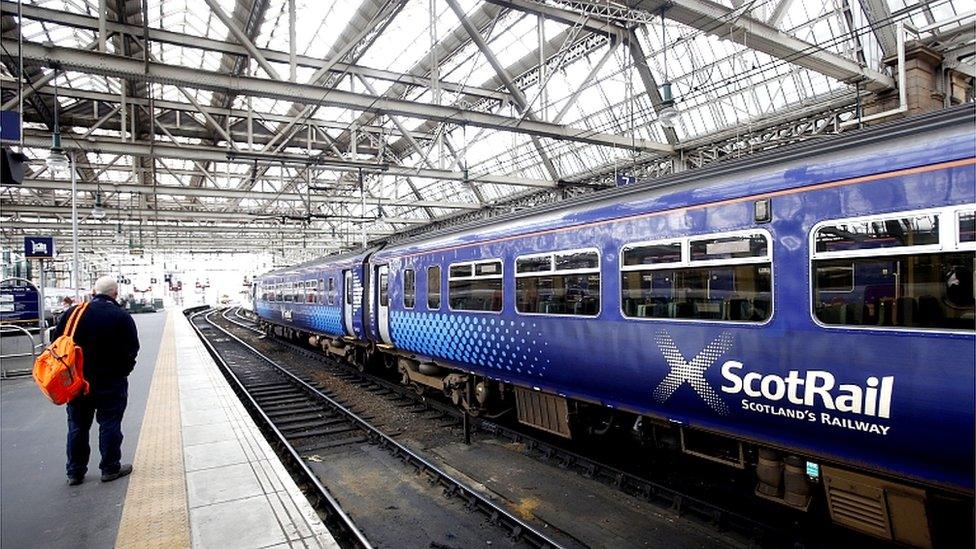Caledonian Sleeper rail service to be nationalised
- Published
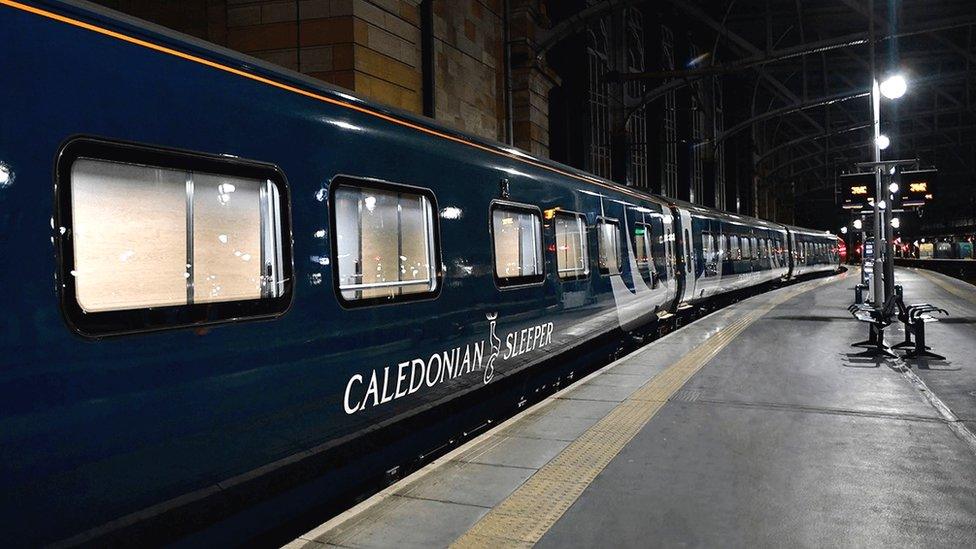
The Caledonian Sleeper rail service is to be nationalised later this year, the Scottish government has announced.
The move comes after ministers decided last year to terminate Serco's contract to run the service seven years early.
The out-sourcing company will stop operating the cross-border rail service when its contract expires in June.
In a statement to MSPs, Transport Minister Jenny Gilruth said an arm's length company of the government would take over the franchise on 25 June.
She said the step would "provide stability and certainty" for passengers and staff.
The current franchise was awarded to Serco in a deal worth £800m. It had been due to run from 2015 to 2030.
The decision to end Serco's contract came after the company tried to renegotiate the deal through a "rebase clause", to put the loss-making service on "a more sustainable financial footing".
Ms Gilruth said the decision not to rebase was "in no way a reflection on the quality of the product that has been developed, nor on the commitment of the staff who deliver this service every day".
She added: "Rather, the decision that I had to take on rebasing was a question of the terms of the rebase offer and that, in the government's view, these terms did not represent the best value for money."
John Whitehurst, managing director of Serco's transport business, said the company was disappointed that the Scottish government "did not ensure value for money by examining the possibility of a direct contract award to Serco".
He argued that the award would have "allowed Scotland to benefit from the expertise of our Serco Transport senior management team who understand this complex and unique hospitality-focussed train operation like no-one else, while also enabling Scottish ministers to be in complete control of the contract".
He added: "Most importantly, this would have allowed the Scottish government to compare the price of such an award with that of their arm's length operator of last resort company."
Mr Whitehurst also said that since Serco took over the management of the Caledonian Sleeper in 2015, it had brought about "massive improvements to every aspect of the service for our employees, our passengers and for Scotland, despite having made significant losses on the contract".
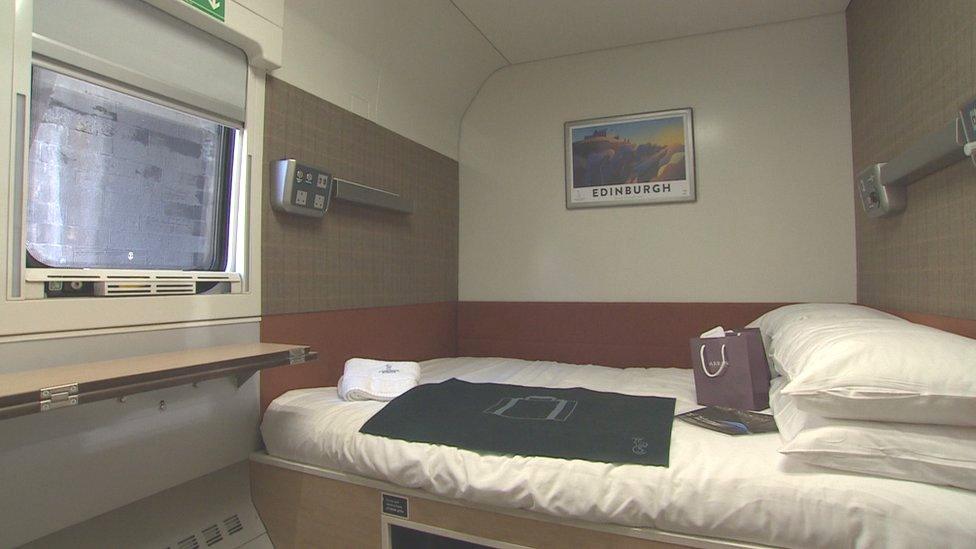
The service, which has been operating in various forms since 1873, runs overnight trains between Scotland and London.
There is a Lowlander route between London and Glasgow and Edinburgh, and a Highlander route to Aberdeen, Inverness and Fort William.
Scottish Conservative transport spokesman Graham Simpson said the service had seen its highest revenue since the start of the franchise over the past year, with passenger numbers back to pre-Covid levels and guest and employee satisfaction all going up.
He added: "The minister agreed that the sleeper has surpassed any other train company in the UK in its recovery from the pandemic and was thriving and a world class service.
"Given all that, there can be no conclusion other than that this is an ideological decision. Jenny Gilruth said nothing about how this world class service can be improved under the Scottish government."
Mr Simpson also said Ms Gilruth had given no idea of how much the nationalisation would cost, or how Scottish taxpayers would receive value for money from the move.
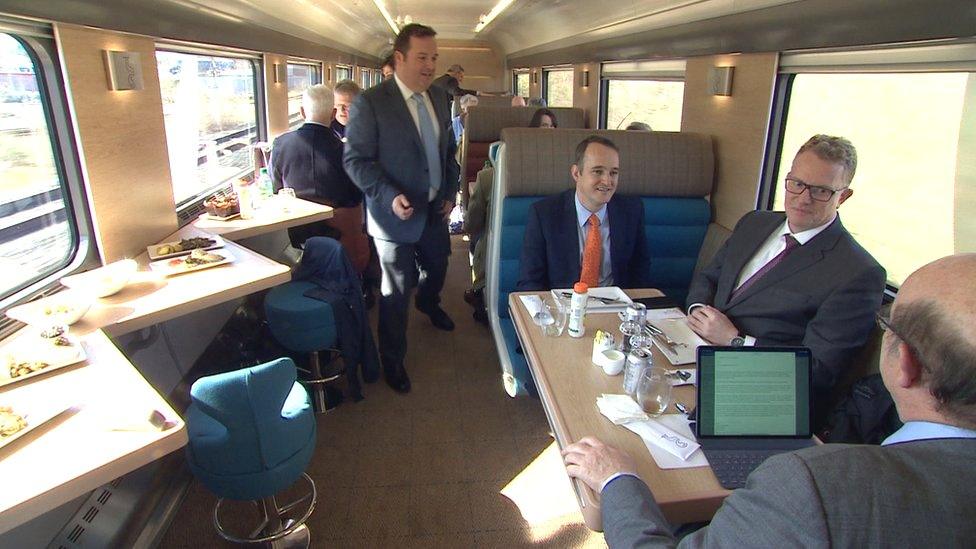
A new fleet of trains was introduced in 2019
But rail unions welcomed the transport minister's announcement.
The RMT said it would give the Scottish government "an opportunity to ensure this sustainable, low carbon route between Scotland and London can be run for passengers' interests, not private profit".
Train drivers' union Aslef also backed the move but said it was disappointed that the minister had not taken the opportunity to bring the sleeper service into ScotRail.
In 2019, Serco put an improvement plan in place after the service was hit by strike action, technical faults and the late delivery of new trains.
That year, it also unveiled a new fleet of trains, which the company said would "transform" the service.
Mr Whitehurst said then that the business had inherited an "unreliable and outdated" fleet of carriages which dated back to the 1970s.
The sleeper service will be the second rail operation to be taken into state hands in Scotland in recent times.
Last April, ScotRail officially returned to public ownership for the first time in 25 years, after previous operator Abellio had its franchise ended early amid criticism of the quality of the service.
Other transport-related firms which have been brought into public ownership in recent years include shipbuilder Ferguson Marine in 2019 and Prestwick Airport in 2013 - both of which have proved to be controversial.
Related topics
- Published5 October 2022
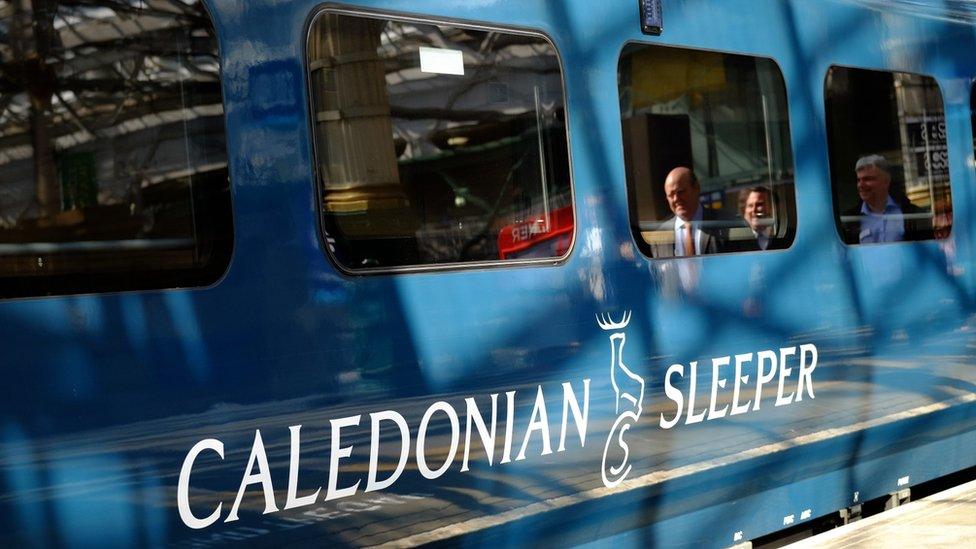
- Published6 December 2019
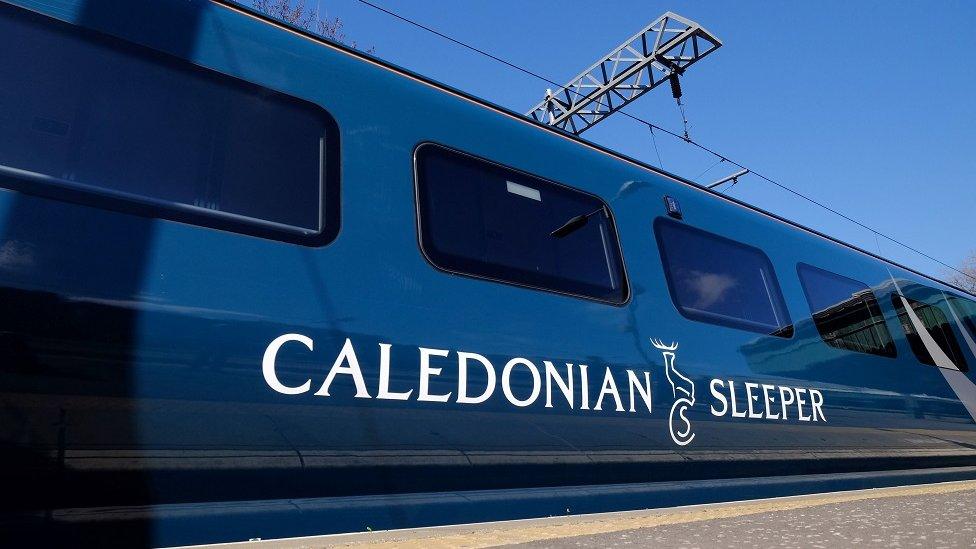
- Published11 April 2019
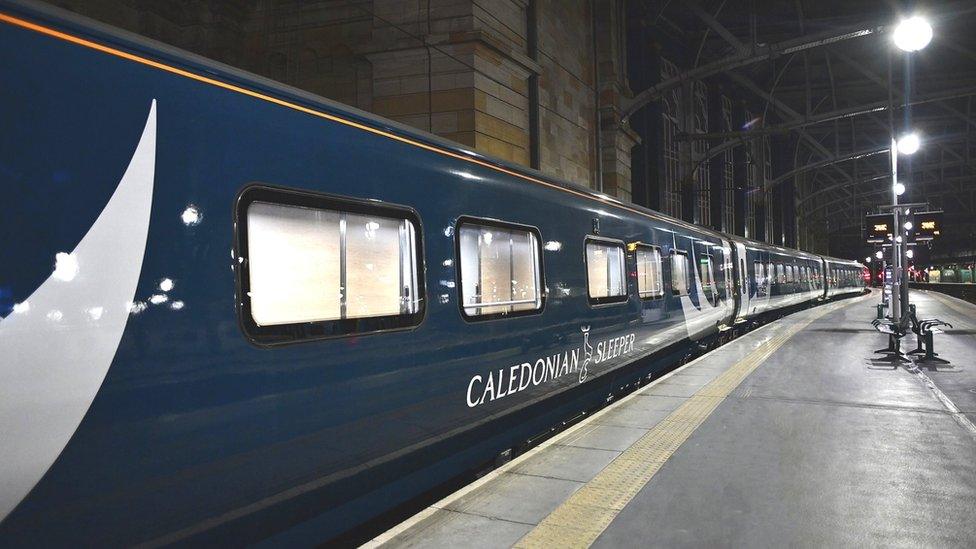
- Published1 April 2022
